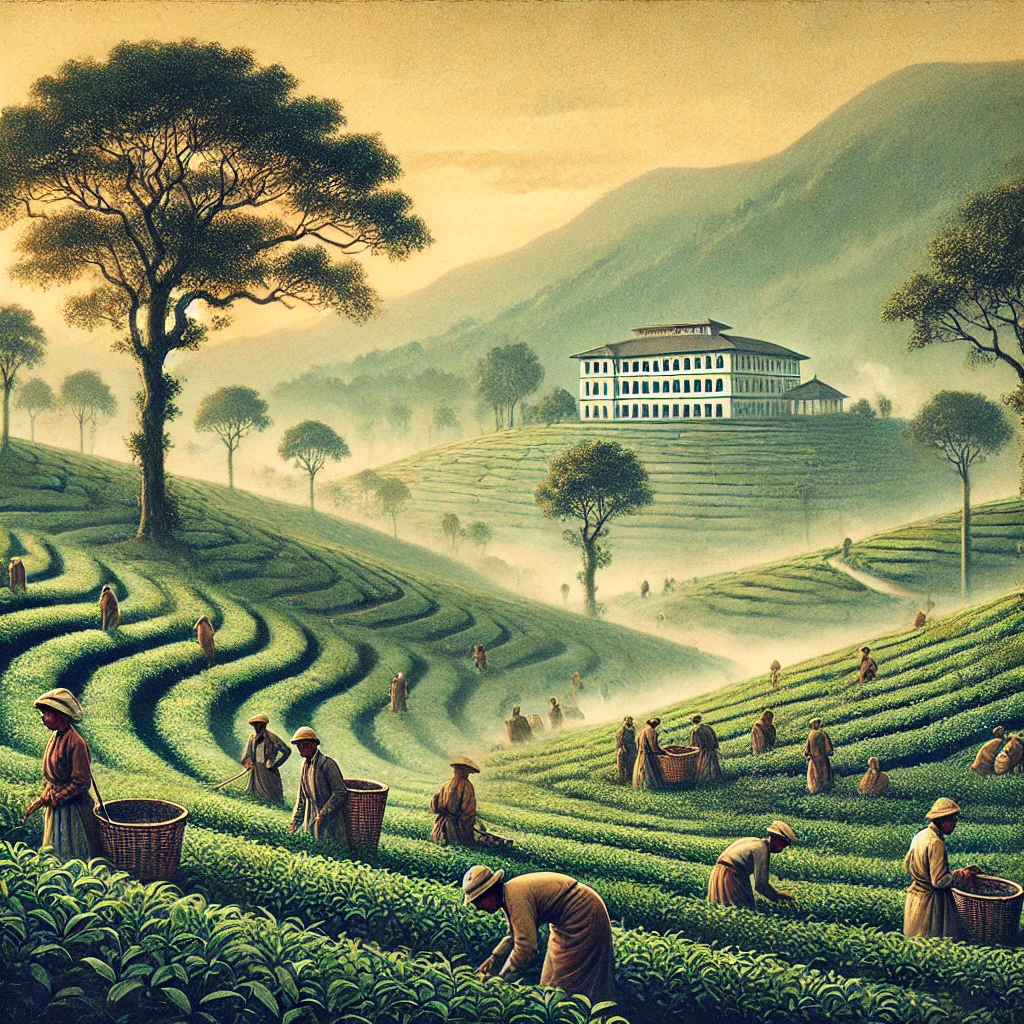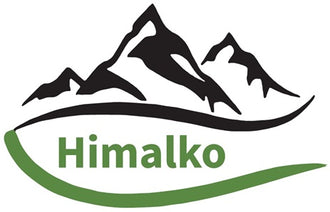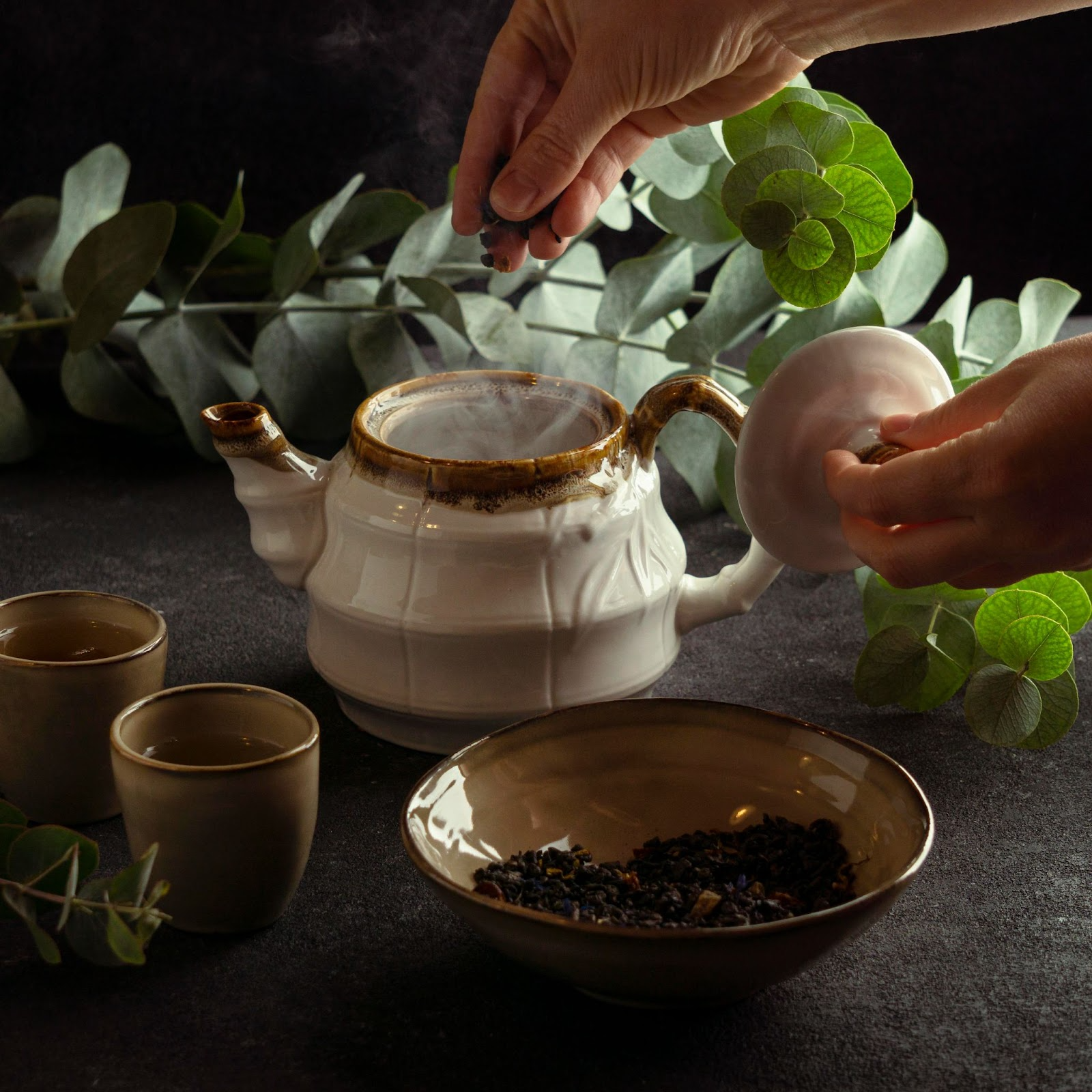
The Storied History of Nepali Tea
The Storied History of Nepali Tea: From Its Roots to Its Global Recognition
Nepal's tea journey is as rich and varied as its landscape. From humble beginnings in the 19th century to a prominent place in the global tea market, Nepali tea has a captivating history that reflects the country’s cultural and environmental diversity. This blog post traces the fascinating evolution of Nepali tea, illustrated with evocative images that bring its story to life.
1. The Early Beginnings
Tea cultivation in Nepal began in the late 19th century. British colonists, fascinated by the potential of Nepal's high-altitude regions, introduced tea plants to the country. The first tea estates were established in the eastern part of Nepal, particularly in Ilam.

2. The Growth of the Industry
By the early 20th century, tea production in Nepal started to gain momentum. The establishment of more estates and the development of infrastructure, such as processing facilities and transport networks, helped expand the tea industry. Nepali tea began to attract attention for its unique flavors, influenced by the country’s diverse climate and soil conditions.
3. Post-Independence Developments
Following Nepal's independence in 1951, the tea industry continued to expand, driven by both government support and private investment. During this period, the focus shifted to improving the quality of tea and expanding its market reach. The introduction of modern processing techniques and quality control measures contributed to the growth of the industry.
4. The Rise of Specialty Teas
In the late 20th and early 21st centuries, Nepali tea began to garner international recognition. Specialty teas, such as high-altitude black and green teas, started to make a mark on the global stage. Nepali tea producers began to focus on quality, sustainability, and unique flavor profiles, leading to several awards and accolades.
5. Modern Era and Global Recognition
Today, Nepali tea is celebrated worldwide for its quality and distinctive taste. The country’s tea industry continues to thrive, with a focus on organic and fair-trade practices. Nepali tea is featured in international markets and has become a sought-after choice for tea connoisseurs. World Tea Expo 2024 Announces Winners of Inaugural Beverage Challenge | World Tea News
6. Cultural Significance

Tea holds a special place in Nepali culture, often enjoyed during social gatherings and family moments. The tradition of tea drinking is deeply rooted in the country’s social fabric, reflecting the warmth and hospitality of Nepali society.
The history of Nepali tea is a testament to the country’s rich heritage and the dedication of its people. From its early beginnings to its current status on the global stage, Nepali tea has evolved into a symbol of quality and tradition. Each cup of Nepali tea tells a story of perseverance, innovation, and cultural pride.
As you enjoy your next cup of Nepali tea, remember that you’re savoring a piece of history, crafted with care and passion.






























1 Comment
Nepal tea Began in 19th Century with seeds from China. Grown mainly in Illam, its now known for its Delicate, floral flavour – often compared to Darjeeling.